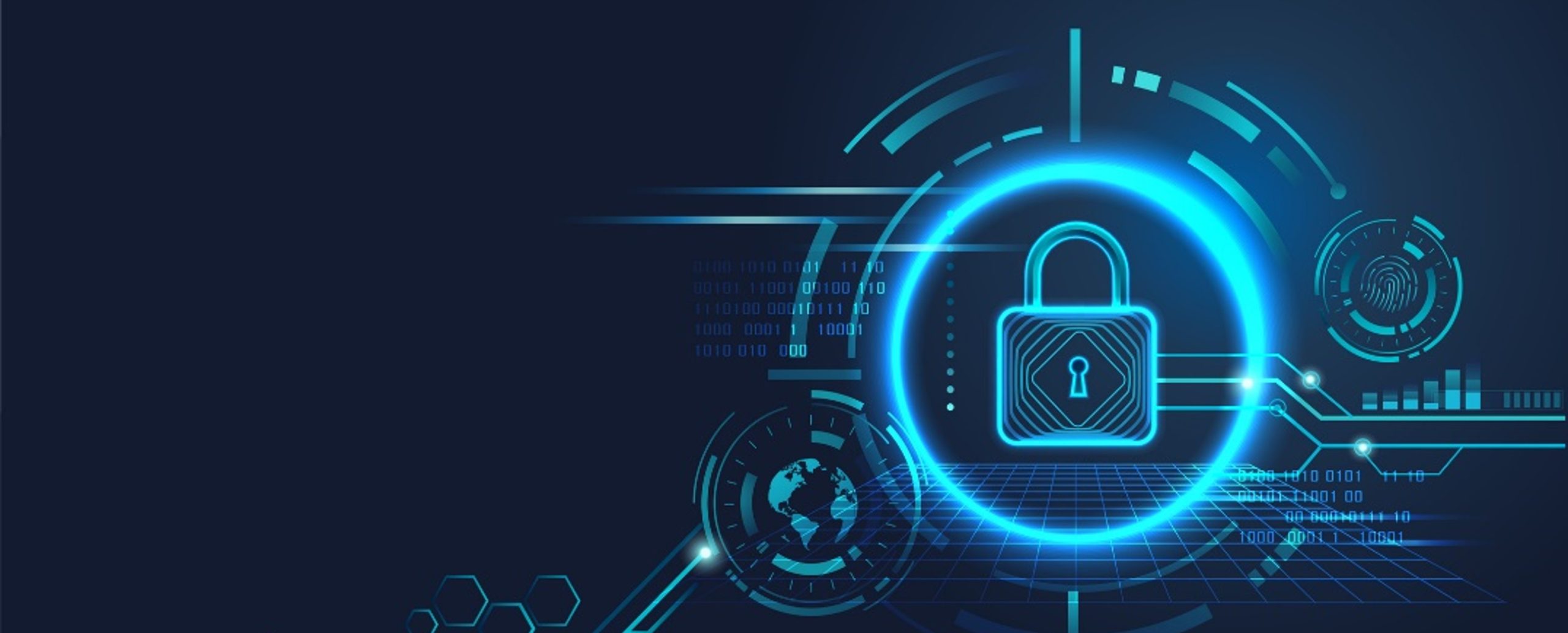With a primary focus on data security and identification of security vulnerabilities, this course delves into crucial topics including access control, security operations, incident response, cryptography, and network security. Additionally, it explores the intricacies of security challenges and resolutions associated with cloud computing, encompassing hybrid clouds and private clouds.
In today's landscape, where businesses heavily rely on data centers, interactive application security testing (IAST), and dynamic application security testing (DAST), professionals must possess a profound understanding of software security and prevalent vulnerabilities. Through this training, IT professionals can enhance their visibility and command over safeguarding data, applications, business logic, and source code.
To enroll in this course, candidates are expected to possess a minimum of one year of full-time work experience in domains pertinent to the SSCP exam. Upon completion of this program, individuals will be well-prepared to undertake the SSCP certification exam, conveniently included in the course fee. Armed with the knowledge acquired from this training, professionals can effectively thwart data breaches and fortify the security posture of their organisations.
Passing the SSCP Certification Exam meets U.S. DoD Directive 8140/8570.01 Technical (IAT) Level-I, Technical (IAT) Level-II, and CSSP Infrastructure requirements.


